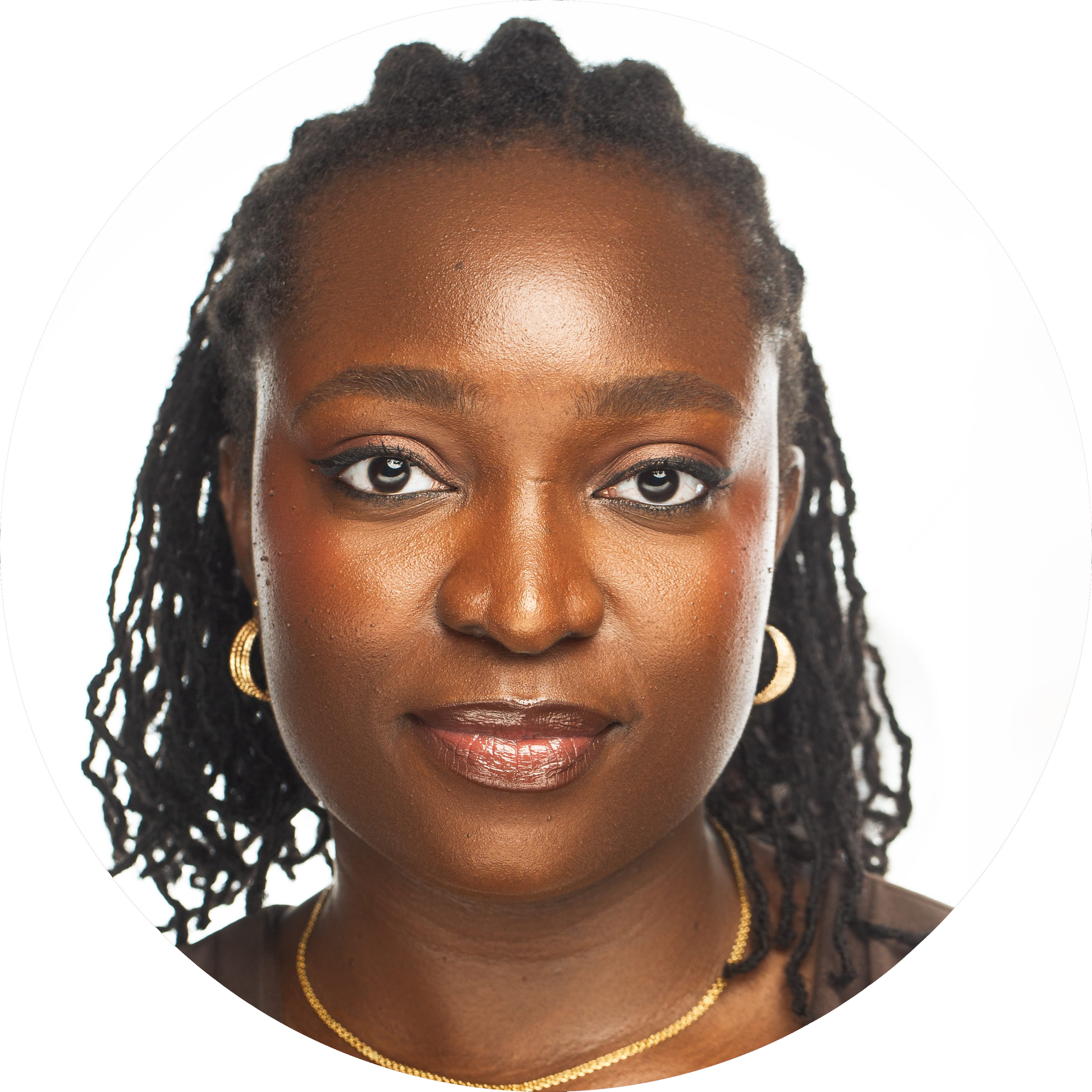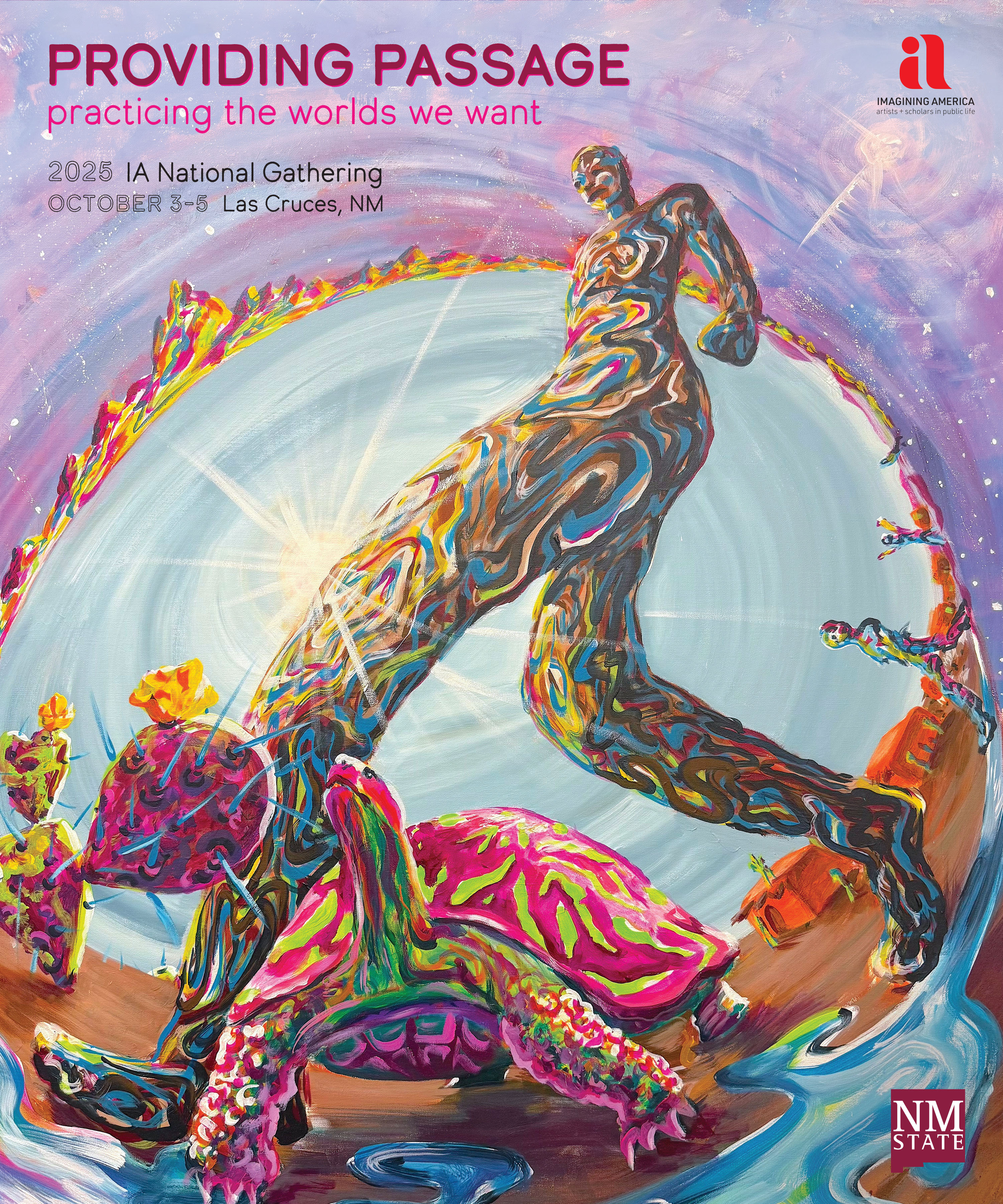African Feminist Digital Encounters: Freedom Dreaming in the Digital Age
Ololade Faniyi.
A co-interview between Ololade Faniyi and Victor Omni on time and the digital in relation to the archive:
What is the relationship between technology and African feminisms? In a moment marked by increased connectivity across both physical and imagined geographies, and by widespread platform adoption, how do we read the digital articulations of African feminist freedom dreams? How do we bring African feminist ancestors/ foremothers in conversation with young feminists of this era? As an African feminist activist-scholar who has done community-facing work in Nigeria and currently toward supporting grassroot young feminist organizing across West, East, South and Central Africa through my work with FRIDA, the young feminist fund, the trajectory of this inquiry for me begins in the 2010s, when African feminisms moved online, as feminists created geographical and pan-African imagined communities across several platforms. Twitter, in particular, known before its current evolution as a platform with hyper-connective conversational features, prompted unhindered conversations and the creation of homophilous communities, where a user with 10 followers could drive a conversation as much as one with 100 thousand followers. The platformization of African feminist thought became a central area of inquiry for me, as I examined the significance of African feminist narratives as they operate within and through algorithmic systems. While the significance of the digital for African feminist thought far exceeds the digital platforms—being one part of the techno-imperialist diffusions of the West and East onto the continent—I consider this crucial in terms of the African feminist encounters that happen because of platforms.
At the same time, I must unpack how these encounters are also fraught with risks including the digital collisions of patriarchies, platform enabled anti-rights movements, digital surveillance and deep citizen digital lurking leading to real life consequences and authoritarian platform governance. This materialize in how African feminist community management and digital labor must navigate carcerality of dissent across African nations as seen with movements like Anti-corruption nude protests in Uganda, TotalShutdown Kenya, #EndSARS Nigeria, #Women’sMarchZambia Zambia, #FeesMustFall South Africa—pockets of resistance that reveal the transformative potential of digital feminist coalitions and have become central to my work.
How do freedom dreams and fractured intimacies regarding the (worthy) subjects of African feminisms enable and complicate African feminist freedom dreams in the digital age? In addressing these questions, my work is multi-vocal and hinged on a critical praxis of listening to and centering activists as authors of their own discourse in an academy that prioritizes object lessons over co-creation with communities. As African feminists in the digital age must, as Sylvia Tamale inferred, reorient and reconfigure ourselves in a world marked now by far-right platform governance, AI nationalism, digital colonialism, defensive politics, and state/non-state surveillance, my work is in the tradition of embodied bridging, honoring the liberatory intentions of our mothers who meant for us to be free, while forging new strategies for the freedom dreams of our present and future. I expand on this in a podcast episode with Victor Ultra Omni, as we both reflect on an academy in service of communities at the intersection of our individual research interests.
Image Credit: Illustration by Kevwe Ogini for The Republic

Ololade Faniyi is an African feminist activist-scholar and Ph.D. student in Women’s, Gender, and Sexuality Studies at Emory University. Her graduate research reimagines African feminist thought in contemporary digital cultures, specifically focusing on Nigerian Twitter and digital pan-African feminist coalitions. She examines African feminist digital communing at the intersection of state surveillance, reactionary/defensive politics, platform governance, and AI-driven super-platformization. As an African regional advisor for FRIDA, the young feminist fund, and a graduate researcher for the Atlanta Interdisciplinary Artificial Intelligence (AIAI) Network, she is radically committed to envisioning an academy in service of Afro-feminist communities. Ololade’s recent essay, “An African Feminist Manifesto” emphasizes the critical significance of African feminist thought for decolonial reimaginings of gender and sexuality, knowledge production, and technology. She is currently co-editing a Feminist Encounters forthcoming special issue on “Digital Activisms and Intersectionality in Context,” expected in Spring 2026.



Leave a Reply